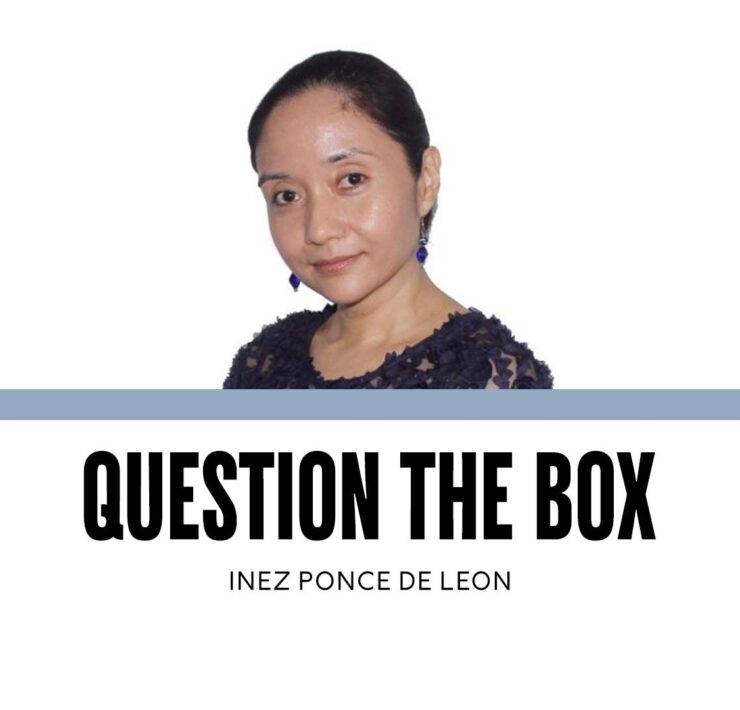All of us are asked
The Korean series “All of Us Are Dead” (Netflix) features students trapped in their high school complex when a zombie outbreak occurs. As with many well-crafted series, this one has good suspense buttressed by complicated characters that allow reflections to emerge almost naturally from the story.
In one scene, the surviving students lock themselves up in a room on a high floor. The rest of the school is filled with zombies, the adults have fled, and outside, helicopters roam the skies haphazardly, as though simply scanning damage with no care for the living.One student wonders: Will they ever be rescued? In some countries, the death of adults is mourned more than the death of children; in others, it’s the reverse. Which mold does their country fit into?
Another student counters: That depends. Who does the government—and by extension, society—value more? The old or the young?
In abandoning the high school to the whims of powerful bombs, the government shows that it doesn’t care if there are young survivors, and it, therefore, values rescuing the old, who carry wisdom.
In strategizing a rescue of children, the government puts older people at risk, but it also shows that it values the young, the next generation who will ensure the survival of the human race.
There are dramatic assumptions here, of course. There is the assumption that the old will always be wise and share that wisdom. Not always with basis, if you look at Facebook comments where older generations crave nonexistent golden ages; family reunions where elders silence anyone speaking about social issues; and governments where white-or-no-haired bureaucrats spout near-nonsensical slogans then bawl when they feel attacked.
There is the assumption that the young will always carry hope, have good hearts, and grow their own wisdom. And yet we also hear news of young people dropping out of school, caught up in a life of crime, refusing to speak out against injustice. We must admit, however, that many of these mishaps can be traced to adults who did not build good infrastructure to encourage learning, brought up entitled children who thought they could get away with anything, made society so unwelcoming to contrary opinions that those who once had great ideas now choose to be quiet.
If we extend the question to today’s events, we might ask: What does one gain by targeting the most vulnerable of society?
What is gained by killing members of a minority religion in a place of worship? By allowing one’s economy to grow, fossil fuels and all, at the behest of another? By raining down bombs and obliterating nearly an entire generation of children?
There, too, is something beyond the question of old or young in the scene from “All of Us Are Dead.” The adults in the show always invoke the ideas of lack of time and resources, urgency of action, anything that can justify a quick decision. It is the notion that so much thought is put into securing the desires of the old, while there is no careful strategy to rescue the young.
The characters are, in effect, asking: were they not worth the effort of careful planning, so that a final goal is achieved without sacrificing their lives? Are the adults so focused on getting a job done that they forget the innocent lives that they hurt, even kill, in the process?
It is the discernment and strategy that are missing, and that make humans a frightening race in a time of crisis.
In crisis, we tend to focus on results, not on process. We might even hear, “It’s in God’s hands now,” despite a person doing nothing to improve their situation, and instead surrendering immediately out of fear, anxiety, or outright mental and emotional laziness.
A college student under the stress of deadlines might resort to plagiarism just to submit a paper, and then blame their teachers for not teaching them better.
Leaders under pressure for immediate action might bomb everything in sight, and then condemn the rest of the world for criticizing their work.
Reliance on the notion of urgency never absolves us from accountability. To say that one decided to do wrong out of urgency is to admit that one is weak, should have known better, still decided to lie, make excuses, hope for clemency later.
At the end of the first season of “All of Us Are Dead,” some children survive, but at great cost. There is grief, longing for what once was, uncertainty in what is to be. There is visible tension between those in power and those who were nearly sacrificed.
We talk so loosely about the vulnerable that we often forget the leaders. They’ve been arguing all this time, expending their energy on muzzling or pressuring the media, pushing a narrative that repeatedly strives to polish their rapidly blackening image.
The question for them might be more pragmatic: Do they surrender to their own weakness, or find ways to use their wisdom to bring forth hope?Will they exercise both strategy and compassion or will they be too preoccupied on whether they are on the right or wrong side of history?
iponcedeleon@ateneo.edu


















